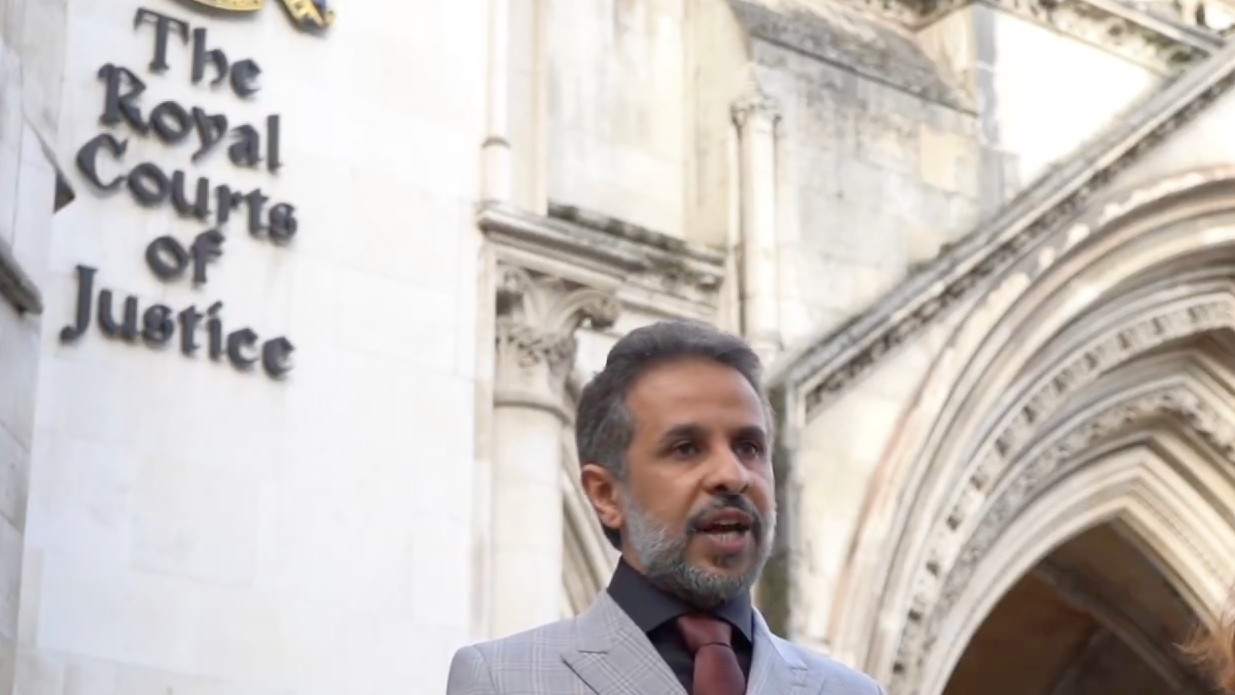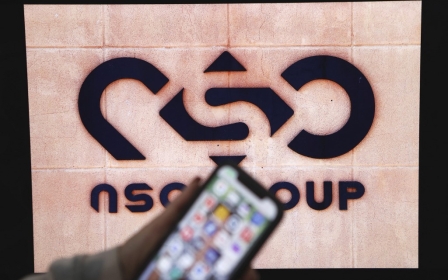Saudi activist offers to withdraw spyware case against kingdom in UK's High Court

A leading Saudi Arabian human rights defender has offered to withdraw a legal claim against the kingdom in the British High Court in exchange for the release of prisoners of conscience held in Saudi prisons.
Yahya Assiri, a founding member of Saudi’s only opposition party who also established the UK-based Alqst rights group, was given permission this month by the court to sue Saudi Arabia.
Assiri alleges the kingdom used Pegasus surveillance software, made by the Israeli company NSO Group, and other spyware made by QuaDream, another Israeli firm, to target his phones between 2018 and 2020 when he was in touch with a large number of human rights advocates and dissidents.
Assiri’s lawyers say the spyware potentially enabled the Saudi government to access a wide body of information, including text messages, calls, location information, photos and files.
The court's decision to permit Assiri to serve his lawsuit means that it has found he has an arguable case.
New MEE newsletter: Jerusalem Dispatch
Sign up to get the latest insights and analysis on Israel-Palestine, alongside Turkey Unpacked and other MEE newsletters
Announcing the decision on Monday, Assiri and his lawyer, Monika Sobiecki, a partner with Bindmans law firm, said they now plan to serve the claim through the UK’s diplomatic channels.
This would be a win-win outcome for both the prisoners of conscience and the Saudi authorities'
- Yahya Assiri, Saudi human rights defender
However, Assiri has also said he wants to use his legal action "as a means to put pressure on the Saudi authorities".
"I am willing to withdraw the case should they agree to release Saudi prisoners of conscience instead," he said.
"This would be a win-win outcome for both the prisoners of conscience and the Saudi authorities who would earn respect for releasing them."
The decision in Assiri's case comes weeks after the UK's Court of Appeal ruled that Bahrain cannot claim state immunity to stop a lawsuit brought by UK-based Bahraini dissidents Saeed Shehabi and Moosa Mohammed.
Shehabi and Mohammed say their computers were infected with surveillance software called FinSpy.
In 2022, the High Court rejected an attempt by Saudi Arabia to claim immunity in a case brought by Ghanem al-Masarir, a UK-based Saudi dissident who alleges that Riyadh installed spyware on his phones and ordered an assault on him.
Middle East Eye delivers independent and unrivalled coverage and analysis of the Middle East, North Africa and beyond. To learn more about republishing this content and the associated fees, please fill out this form. More about MEE can be found here.




